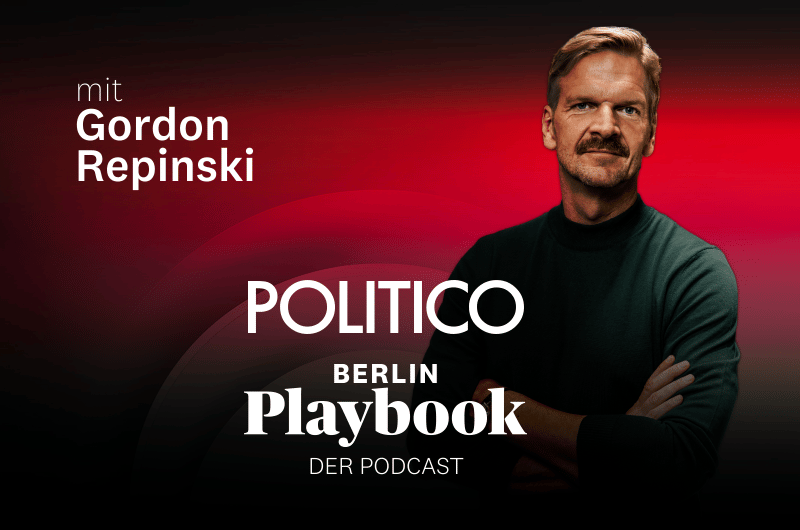

In a recent exploration of significant global developments, today’s news cycle captures the nuanced interplay between influential leaders, economic shifts, historical scientific endeavors, and the societal engagements of public figures. Each piece weaves into the larger tapestry of current events, inviting readers to consider both the continuity and evolution of global narratives.
Firstly, we turn our attention to a critical examination of Vladimir Putin’s leadership. Renowned for his prominent role on the world stage, Putin’s governance continues to evoke curiosity and analysis. This narrative reflects on how powerful political figures shape global dynamics, emphasizing decision-making processes and their broader implications. Through a series of political profiles, an in-depth look at Putin sheds light on his influence, strategies, and the resultant impact on international relations.
In the realm of economic developments, Altice France recently achieved a significant milestone. The Paris Economic Activities Tribunal has approved a debt reduction plan for the telecommunications operator, thereby easing restrictions on the potential sale of its subsidiary, SFR. This judicial decision marks a pivotal step towards financial recalibration, offering Altice France enhanced flexibility in its strategic operations. Such economic maneuvers underline the interconnectedness of corporate restructuring and market opportunities, illustrating the complex dance of modern financial landscapes.
Reflecting on historical contexts, the formation of scientific academies during the 17th and 18th centuries emerges as a testament to the power dynamics within European monarchies. These institutions were born out of a convergence of the scientists’ need for resources and the monarchs’ desire for intellectual and cultural prominence. By supporting scientific endeavors, monarchs not only advanced knowledge but also strengthened their own political influence. This historical narrative highlights the enduring relationship between power and the pursuit of knowledge, a theme that resonates with contemporary scientific and political intersections.
Lastly, the personal sphere of public life is illustrated through Meghan Markle, the Duchess of Sussex, who recently celebrated her 44th birthday. In an era where social media reigns supreme, her noticeable absence from platforms like Instagram marks a distinct departure from previous personal engagements shared online. Despite the lack of mentions from the British royal family, Meghan’s approach to privacy presents a reflective pause in the digital age, encouraging a thoughtful consideration of personal boundaries amidst public life.
Together, these stories offer a panoramic view of global affairs, threading through topics of leadership, economic strategies, historical milestones, and personal narratives in public spheres. Readers are gently encouraged to ponder the complexities and harmonies of our world, finding comfort in the intertwined paths that shape our collective human experience.
Source: {link}
